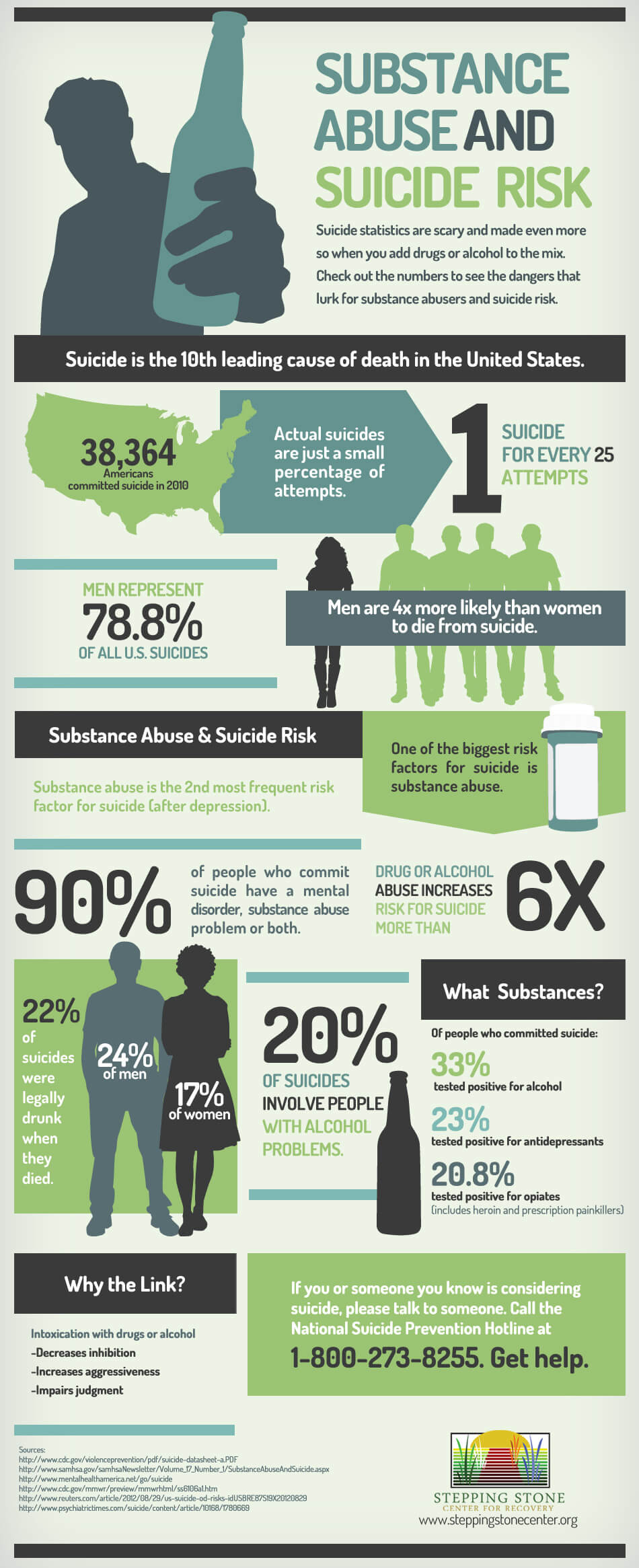Discover The Key To Creating A Durable Aftercare Strategy Complying With Drug Recovery And Unlock The Door To Sustained Success
Discover The Key To Creating A Durable Aftercare Strategy Complying With Drug Recovery And Unlock The Door To Sustained Success
Blog Article
Web Content Create By-Ferrell Aagaard
You have actually completed drug rehab, and currently it's time to develop an effective aftercare plan to ensure your lasting recuperation.
Image WhiteSands Suboxone Treatment 33906 : you're an individual determined to stay clean and construct a meeting life. This short article will certainly assist you with recognizing recurring support group, including therapy and counseling, and creating healthy coping systems.
With these techniques, you'll be geared up to thrive in your trip of soberness.
Let's get going.
Identifying Ongoing Support Equipments
You need to determine at the very least three ongoing support systems to guarantee an effective healing after drug rehab.
https://www.sfmc.net/group/saint-francis-medical-center-poplar-bluff/ is your family and friends. They can supply emotional support, support, and assist you stay liable. They can also provide a safe and understanding setting where you can share your struggles and triumphes.
The second support group is your therapist or counselor. They can help you work through any kind of underlying issues that may have added to your dependency and supply guidance on just how to avoid regression. They can likewise instruct you dealing systems and healthy ways to handle stress and anxiety.
The 3rd support group is a support system or a sober neighborhood. Being bordered by others who are going through comparable experiences can be extremely useful. They can offer a sense of belonging, recognizing, and offer important suggestions and support.
Incorporating Treatment and Therapy
To achieve a successful healing, it's important for you to actively participate in therapy and therapy sessions, as well as incorporate them right into your recurring support systems. By doing so, you can make best use of the benefits of these treatment methods and raise your possibilities of keeping lasting sobriety.
Here are some vital reasons including treatment and counseling right into your aftercare plan is crucial:
- ** Emotional Support: ** Treatment and therapy provide a secure space for you to reveal your thoughts, sensations, and battles related to your dependency. It permits you to work through any type of unsettled issues and develop healthy and balanced coping systems.
- ** Slip back Prevention: ** These sessions furnish you with the required tools and strategies to avoid regression. They aid you determine triggers, develop dealing abilities, and develop a strong structure for managing food cravings and tension.
- ** Personal Development: ** Treatment and counseling assist in individual growth and self-discovery. They aid you obtain insight into the underlying sources of your dependency, enhance self-esteem, and develop healthier partnerships.
Developing Healthy And Balanced Coping Systems
Throughout therapy and therapy sessions, it's crucial to proactively work with developing healthy and balanced coping systems in order to properly handle tension and obstacles.
You need to determine and comprehend your triggers, those things that trigger you distress or stress and anxiety. By identifying these triggers, you can establish methods to deal with them in a healthy and balanced way. This may involve exercising deep breathing workouts, participating in exercise, or discovering a creative outlet to share your emotions.
It is necessary to likewise surround yourself with a solid support system of loved ones who can offer motivation and advice.
Additionally, self-care activities such as obtaining enough sleep, eating well, and exercising relaxation techniques can substantially add to your general well-being.
Conclusion
In the trip in the direction of recovery, producing a successful aftercare plan resembles often tending to a delicate garden. Equally as a garden enthusiast supports each plant with care and interest, so too must one cultivate recurring support group, incorporate treatment and counseling, and develop healthy coping mechanisms.
By doing so, the seeds of recovery will certainly bloom into a growing garden, giving a strong foundation for a brighter, drug-free future.
